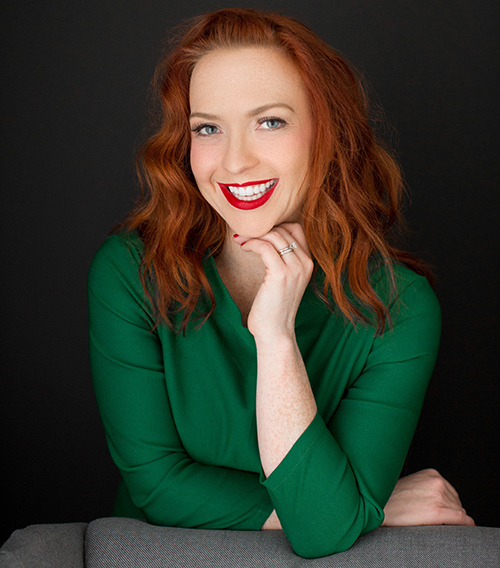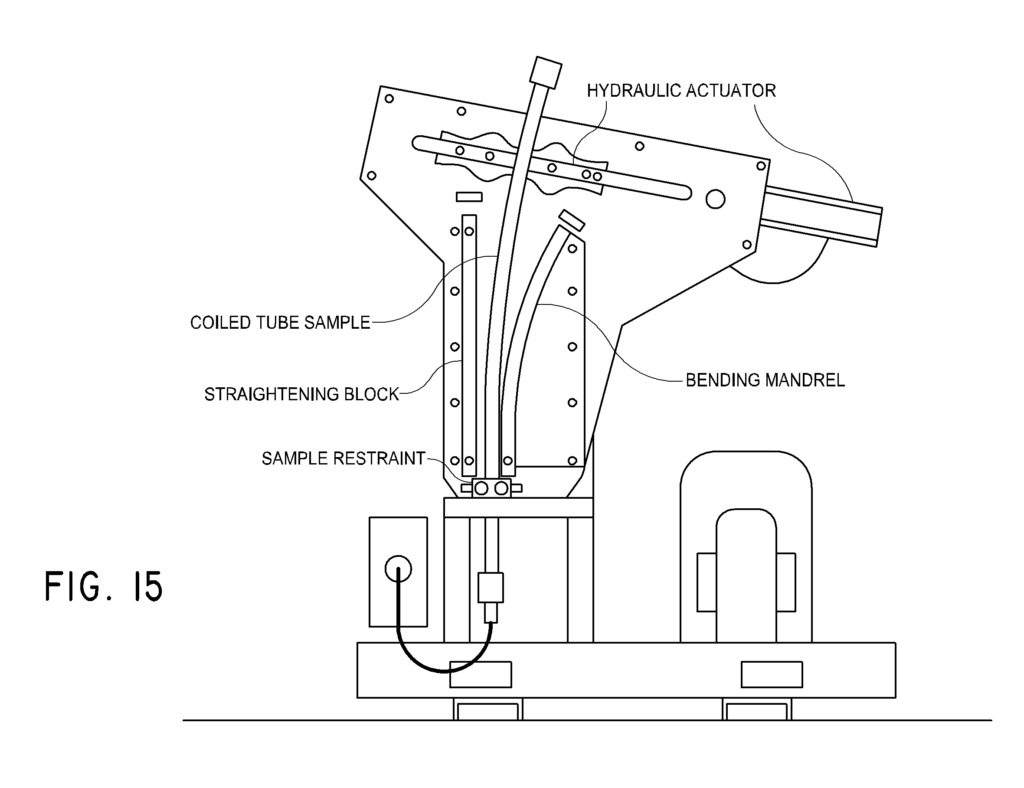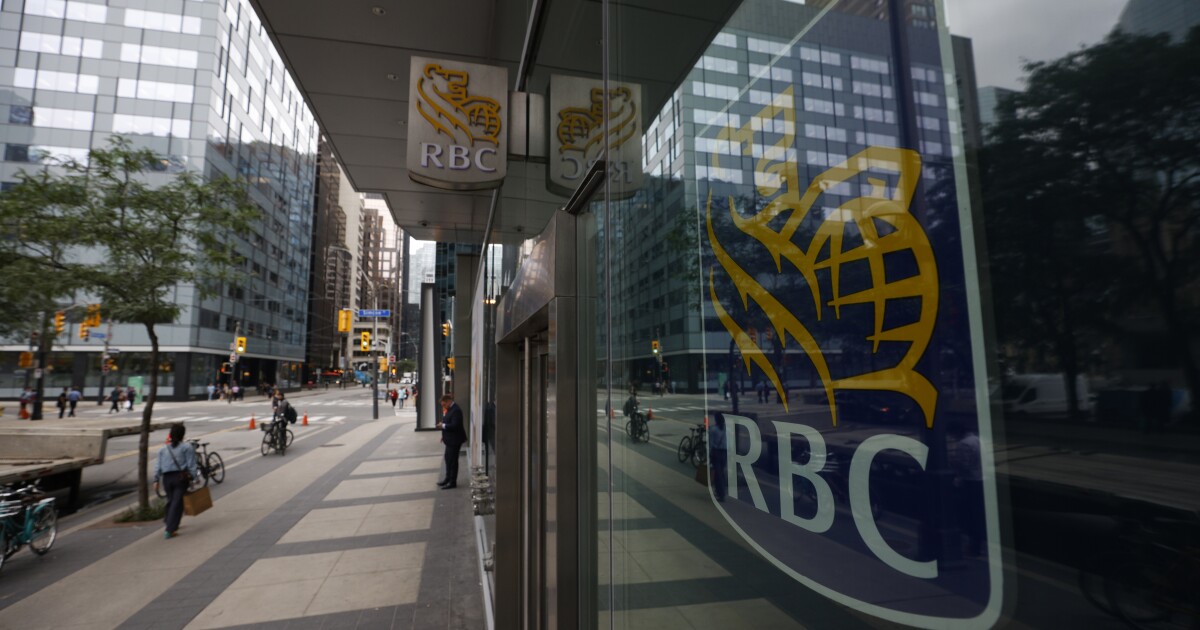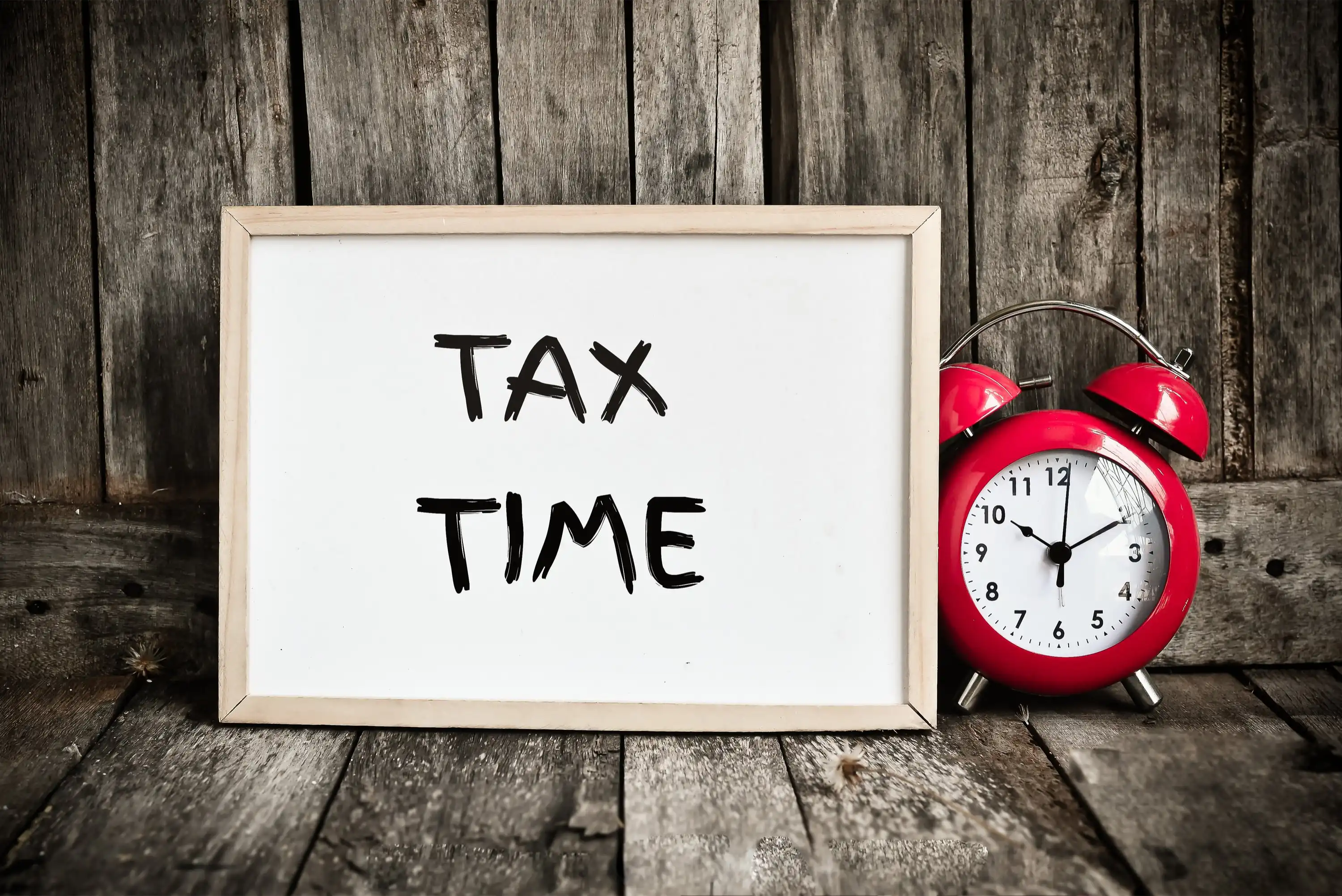We all know that lawyer. You know the one. The lawyer who has built their entire practice on the back of a handful of referrals. It looks easy when they do it, real “no big deal” type of stuff. But if it truly is that easy—how is that lawyer so good at it when you don’t even know where to start?
Surely there is magic at play. That lawyer is the ultimate charmer who serendipitously happens to be in the right place at the right time—every time.
Whatever the secret, you need to figure it out because referrals drive law firm business. And while referrals may feel like random acts of magic or serendipity that are beyond your control, they are not. They are the outcome of something much more human and down-to-earth: real, authentic relationships that are nurtured through intentionality and planning.
Real relationships
When people ask me what I do, I tell them, “I help lawyers make friends.” If I’m feeling especially cheeky, I will follow it up with, “and remind them how to be human.” Joking aside, it never ceases to amaze me how lawyers consistently treat professional relationships as alien compared with personal connections.
How you develop your friendships is a good model for developing authentic referral relationships. Building a connection with someone professionally does not differ too much from connecting with them personally.
I’m not here to convince you to be someone you are not, to do things you hate, or to push you to spend a lopsided amount of time on nonbillables. I’m here to offer a reframing and a few simple ways you can build or leverage the kinds of relationships that quietly power a practice. You, too, can be that lawyer—with a bit of intentionality and planning.
What referrals actually reflect
Referrals are a sign of trust. A referral is an invitation. It says: “I trust this person to help you.” Trust is not built in a single moment. It comes from consistently showing up in a way that is authentic to who you are and provides value (not just asking for business).
Your elevator pitch, LinkedIn posts, thought leadership and event attendance all play a role—they raise your visibility. It’s easy to confuse visibility with value. Visibility alone doesn’t earn trust, but it will make you memorable.
People refer people they like, trust and remember. Think about the last time you referred a stylist, a home contractor, a plumber. You did it because you had vetted their work and trusted they would provide your friend with quality service. You don’t want to be on the hook for a bad haircut, do you?
The low-effort path to staying top of mind
So how do you become that lawyer? You don’t need to overhaul your calendar or start hosting breakfast roundtables. What you do need is intentionality and planning. (There’s a theme, folks.)
Here are a few ways to build and maintain trust-based relationships without turning your life upside down.
1. Pick five and reach out
You don’t need to network with 500 people. You need to stay connected with five to 10 people who you’re willing to invest in and who genuinely know what you’re about.
Make a short list: former colleagues, classmates, co-counsel, a past client you really liked. Then make a habit of reaching out. Not with a pitch, but with something that shows you are invested and care; bonus points if you hit one of their passion projects.
Wish them a happy birthday or work anniversary. A partner I worked a decade ago makes happy birthday calls to his network. I look forward to it every year, and he’s the guy I recommend when an opportunity in his field is mentioned.
Inquire about their family vacation or milestones.
Send an article or book recommendation that makes you think of them, and explain why.
Congratulate them on a professional win or their favorite sports team’s win. After years of trying to connect with a rainmaker at a firm, I finally broke through when I emailed him after Vanderbilt’s upset over Alabama in the 2024 college football season.
Connect over the latest podcast or TV show. I know a partner at a large law firm who generated a client relationship with a Fortune 500 company over a shared passion for Bravo reality shows.
These are human moments that offer connection and keep you memorable. It’s not any different than what you would do with your friends, right?
2. Be curious, not impressive
You can’t learn about someone if you do all the talking. At your next networking event or conference, try not to talk about yourself unless someone asks. Focus on asking people questions and being genuinely interested in their responses. Try to draw them out by asking open-ended questions, like:
What’s keeping you busy right now?
What kind of work’s been most interesting lately?
What do you wish people understood better about your clients?
Beyond the professional: What shows/books/podcasts are you watching/reading/listening to? What fun plans do you have coming up?
Curiosity signals humility, connection and confidence—all of which build trust. Plus, people remember how you made them feel. If you make them feel heard, they’ll remember you.
3. Use what you’re already doing
You speak to folks every day. You’re emailing former clients, collaborating with opposing counsel, chatting with someone after a CLE.
Turn some of those interactions into something just slightly more intentional.
Instead of closing with “Let me know if you ever need anything,” say “It was great to reconnect. Let’s not wait another year. I have some availability in the coming months. Do any of the following dates/times work for you? [Enter dates/times]”
After a pleasant interaction with another attorney, connect on LinkedIn and send a short message on the platform or via email: “I really appreciated how you handled [X]. I’d like to stay in touch.”
You don’t need an overly complicated strategy, just a little more follow-through.
What to do this week
Remember that professional and personal relationships are similar. Yes, you are a lawyer, but you are also a human looking to make professional friends. Show up consistently, be genuine and intentional.
Here’s a three-step challenge to try this week:
Make your list. Who are five people you’d love to get a referral from or want to know better?
Reach out to one. A quick email, a note on LinkedIn, or a “This made me think of you” article.
Follow up intentionally. Calendar a quick check-in for two to three months from now. (Bonus: Add a note about their dog, vacation or latest win.)
Final thought
The best business development strategy is to be the kind of person people want to work with. Your job is to remind them, gently and authentically, that you’re still here.
Because referrals don’t start with the ask. They start with the relationship. And real relationships are worth your time.
Stacey McReynolds is chief marketing officer at Fractional Law Firm CMO, where she helps lawyers and law firms sharpen strategy, strengthen client relationships and grow their practices. With nearly 20 years of experience in business development and marketing for firms from Am Law 20 to boutiques, she is known for turning ideas into action. Her experience spans practice group strategy, client teams and lateral partner integration. Previously, McReynolds had positions at Clyde & Co, Jones Day and Fisher Phillips.
Mind Your Business is a series of columns written by lawyers, legal professionals and others within the legal industry. The purpose of these columns is to offer practical guidance for attorneys on how to run their practices, provide information about the latest trends in legal technology and how it can help lawyers work more efficiently, and strategies for building a thriving business.
Interested in contributing a column? Send a query to [email protected].




























